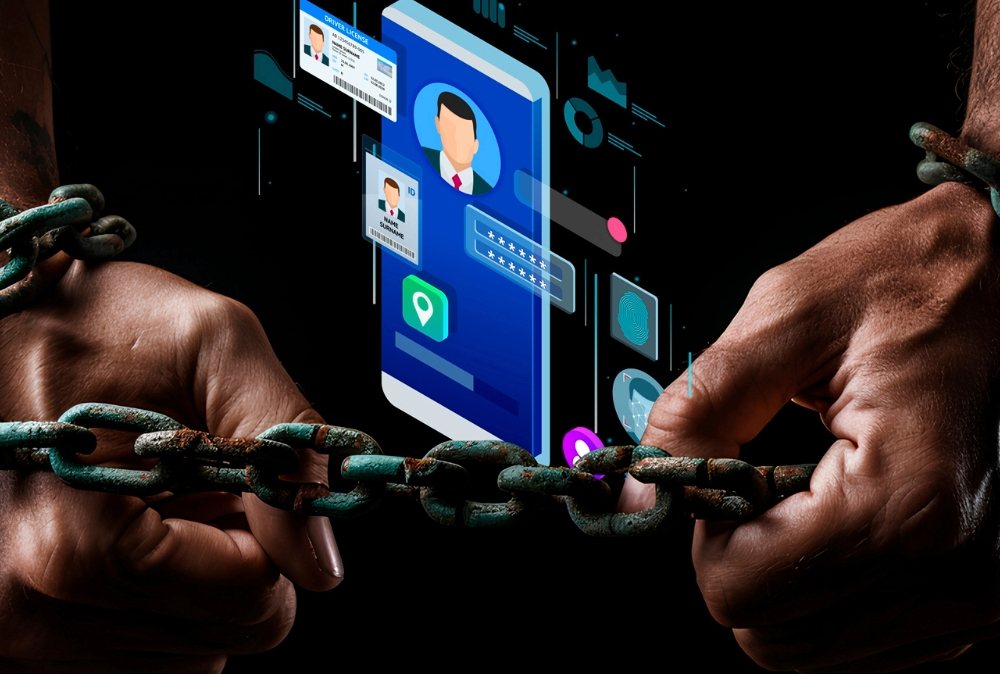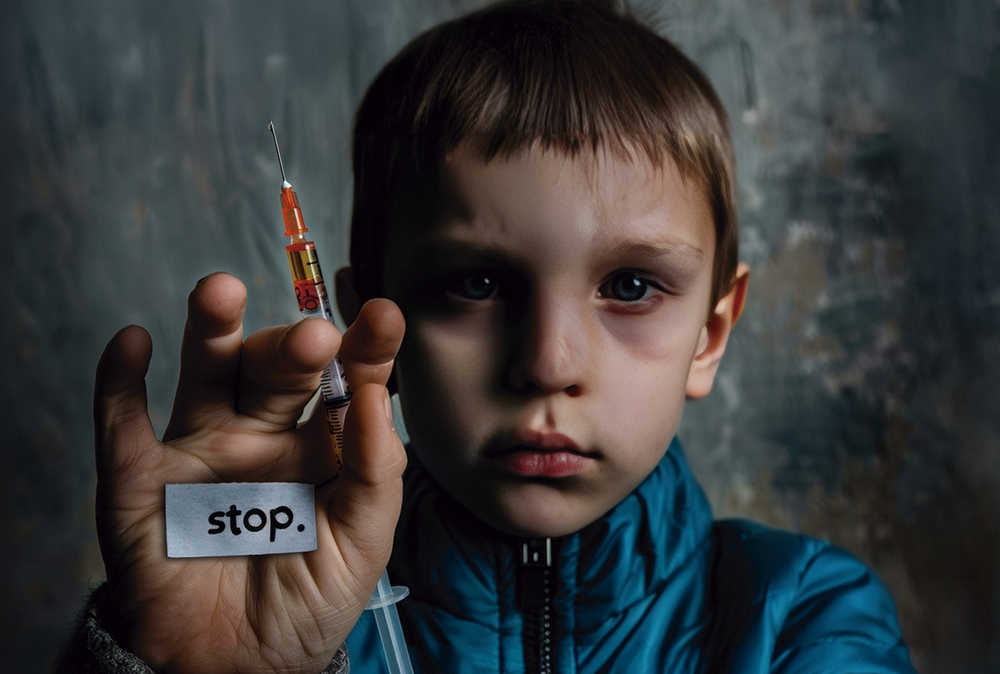
International Identity Day: A Tool for Control
8 October, 2024
Vaccines: a ticking time bomb for public health
29 October, 2024
11 October, 2024
In September 2024, a beeper attack shattered any notion of technological security.
What seemed like a harmless device was turned into a deadly trap, leaving a trail of death and chaos in Lebanon. The use of these devices had already been phased out by modernity in most countries. However, Hezbollah used them to avoid the geolocation capabilities of mobile phones. In an operation orchestrated by Israel, which the Pentagon claimed to be completely uninvolved in, explosives were placed in the batteries, and the devices were detonated remotely through fake messages posing as orders from the organisation itself.
The immediate aftermath saw 12 people dead and almost 3,000 injured. Shortly after, the attack was replicated, this time with explosives planted in walkie-talkies that were detonated during the funerals of some of the initial victims. This resulted in 20 more deaths and 400 injuries.
The technical sophistication required to infiltrate a supply chain and manipulate devices to this extent is chilling. It was not an improvised attack but meticulously planned. From the moment the beepers were tampered with to their activation via seemingly innocent messages, the attack demonstrated lethal precision.
What is most alarming is how easily these explosives were concealed within a simple device. Could any technology, no matter how harmless it seems, be turned into a weapon?
This use of civilian technology for military purposes raises significant ethical concerns. Turning a communication tool into a weapon not only blurs the lines between military and civilian domains but also introduces a new dimension of terror: the possibility that our mobile phones or other everyday devices could be turned into deadly traps by a corporation or a government.

Edward Snowden’s powerful words
Edward Snowden, a symbol of activism and civil disobedience against mass surveillance, was quick to speak out about the attack in Lebanon, condemning it strongly. Snowden labelled the use of these beepers to cause indiscriminate death as an act “that endangers all of humanity.” For him, actions like these not only pose an immediate threat to the direct victims but also set a terrifying precedent for global security.
Snowden compared this attack to the hypothetical situation of finding explosives in everyday devices like iPhones. He argued that if a similar action were carried out with smartphones, the media and societal reaction would be much swifter and stronger. This highlights what he perceives as a danger not yet fully acknowledged by society and the media: if such technological manipulation becomes common practice, no daily device would be free from being turned into a weapon.
These types of attacks, according to Snowden, “are indistinguishable from terrorism.” The crucial point in this reflection is that, although technically it may be a military operation, the impact on the civilian population is devastating.
When the consequences affect innocent civilians, it becomes a crime that violates the most basic ethical standards. In a world where technology has become an integral part of daily life, Snowden warns that such attacks increase the risk for everyone: no one is safe. There are no distinctions anymore—the danger is real, whether it involves killing children or defenceless people. The actors behind these attacks cross a line that could lead to greater technological violence in the future.
If citizens cannot trust that their devices—phones, computers, watches—are safe, what remains of the social contract that underpins trust in technology? This issue does not only concern militant groups like Hezbollah. Who can assure us that it won’t have global implications if it is repeated or escalated in other conflicts?
A blurred line between conventional warfare and cyberattacks
This attack marks a dangerous boundary between conventional warfare and cyberattacks. Traditionally, cyberattacks have been seen as acts that interfere with the software and networks of devices, but what we saw in Lebanon goes far beyond that. Here, the manipulation of hardware for military purposes turned a simple communication device into a bomb, blurring the line between what is a cyberattack and what is a physical military attack.
These types of attacks also raise a series of questions about the ethical and legal regulation of technology during wartime. Currently, international laws governing armed conflicts—such as the Geneva Conventions—focus on conventional weapons and traditional combat methods. However, there is no clear regulatory framework covering the use of civilian technology manipulated for destructive purposes. The incident in Lebanon shows the urgent need to update international laws to address the new realities of technological warfare.
The revolution: Humanist Telcos
It is high time for tech companies to take responsibility once and for all and understand that they work for the citizens, implementing rigid security measures in their products that protect not only our identities but our safety.

Should we assume it is safe to give our children a phone? I want to be certain that tech companies make a clear and firm commitment to people, guaranteeing that these horrifying incidents cannot happen again. Companies must implement rigorous and transparent production processes that verify the integrity of their devices, ensuring they cannot become tools of violence. Firms like Gigaset, which prioritise consumer health and safety, are examples of what could be called "Humanist Telcos."
Gigaset, based in Germany, maintains 100% local production. It manufactures robust devices with technology that protects users from 5G radiation and features that cater to all types of users.
The existence of these "Humanist Telcos" is becoming increasingly relevant in a global context marked by growing geopolitical complexity. By adopting practices that prioritise ethics and safety, these companies can lead the way towards a future where technology is not a risk but a tool of empowerment. The responsibility does not only lie with governments and international organisations but also with the tech industry, which, with its capacity for innovation, has the power to make a difference.



